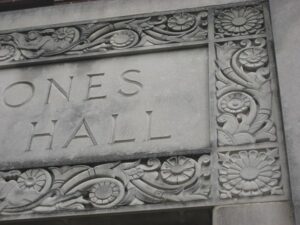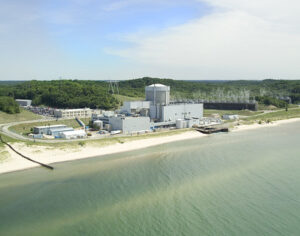Yesterday, I wrote about a report from the Philadelphia Federal Reserve. It showed that job losses at the start of the pandemic fell disproportionately on people with lower levels of educational attainment. As the economy has recovered, the reverse is happening. People with lower levels of educational attainment are currently more “employable” than those with bachelor’s degrees. Neither of these conditions are good news for community colleges.
According to the report, workers with lower educational attainment aren’t simply returning to their pre-pandemic jobs. Nor are employers looking to take advantage of the lower wages these workers might command. Instead, these workers are moving into positions that no longer need college degrees. In many cases, the employers themselves are willing to train the workers on-the-job.
The Philadelphia Fed confirmed this by examining hundreds of thousands of job descriptions for new positions employers posted. We already know that employers don’t perceive significant value in certificates and two-year degrees. They need workers, so they will provide the training themselves. One could conclude that not only do employers see little value in short-term post-secondary education, but also that they don’t see community colleges as adequate sources of training/education.
So, this is all bad news for community colleges. If you ask administrators of community colleges about this, they’ll swear up and down that they work closely with local employers to develop programs that provide training for potential new workers.
Conditions are bypassing politically responsive community colleges
Apparently, employers disagree. It also points to a bigger problem. We don’t need training programs (at the 5,000 foot level) that meet the current, narrow needs of some local employers. At the county and regional level, we need training programs (at the 30,000-50,000 ft level) that make the area attractive for employers to expand operations or open new facilities.
Unfortunately, community colleges are not micro-tuning their educational programs to meet the needs of the local employers. Rather, trustees at community colleges, who should be non-partisan and apolitical, are quietly implementing policies that support political aims that contradict the values of the entire community. These include:
- Dumbing down and shortening educational programs
- Failing to develop programs that will put low-income workers on the path to middle class lifestyles
- Retaining programs that prepare students for chronically low-wage jobs
- Eliminating programs (like on-site childcare) that directly support student success
- Outsourcing and union-busting
- Administrative dissipation
- Revenue-generation schemes that divert resources from the institution’s primary mission
- Unnecessary new construction projects, while failing to maintain existing infrastructure
- Shifting institutional construction costs to students
- Short-sighted tax policies that both starve the institution (and by extension) the entire county of resources that could improve the region’s ability to attract new industry and unnecessarily raise the cost of education for low-income students
As a community, it is time to take a hard look at the strategies the Washtenaw Community College Board of Trustees has (and has not) pursued and then make the necessary corrections.
Photo Credit: Scott Maxwell , via Flickr






















































